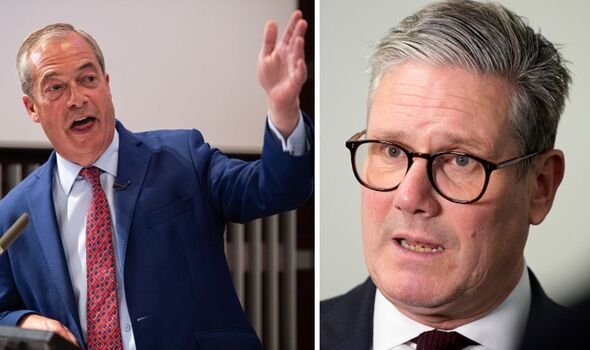The UK’s long-running child exploitation scandal has erupted into a fierce political battle, with Prime Minister Keir Starmer’s government facing intense scrutiny over its handling of historical cases and current prevention measures.
The controversy reignited this week when tech billionaire Elon Musk launched a series of pointed criticisms at the British government, attacking Sir Keir Starmer and Labour’s response to grooming gangs. The intervention has forced the Prime Minister to address the issue directly, with Starmer describing child sexual exploitation as “utterly sickening” while condemning those “spreading lies and misinformation” about the government’s response.
At the heart of this political maelstrom lies a disturbing history of systematic abuse. Maggie Oliver, a former Greater Manchester Police officer turned whistleblower, has highlighted significant police failings in investigating grooming gangs. Her revelations have raised serious questions about institutional responses to child exploitation.
The debate has drawn in various political figures, including Reform UK’s Nigel Farage, who has defended Musk’s criticism of the government’s handling of grooming gangs. Meanwhile, Tommy Robinson, a controversial figure in this debate, has become a flashpoint for disagreement even among critics of the government’s approach.
Andy Burnham, the Greater Manchester Mayor, has attempted to address these historical failures by initiating a comprehensive review of the scandal in Manchester. This review, launched in 2017, represents one of several efforts to understand and address the systematic failures that allowed these crimes to persist.
The political dimension of this crisis has intensified as survivors and advocacy groups demand more decisive action. Health Secretary Wes Streeting has entered the fray, defending his colleagues against what he terms “disgraceful smears”while acknowledging the need for continued reform.
The scandal poses particular challenges for Starmer, whose role as former Director of Public Prosecutions has drawn additional scrutiny to his handling of these cases, both past and present. His government now faces mounting pressure to launch a national inquiry, with calls growing for a comprehensive investigation into historical failures and current preventive measures.
As this crisis unfolds, the fundamental question remains: how can Britain’s political system better protect vulnerable children while ensuring justice for survivors? The answer may lie not in political point-scoring, but in meaningful reform of child protection services and law enforcement responses to exploitation.
The coming months will likely see continued debate over this issue, as Britain grapples with both the historical failures that allowed these crimes to occur and the current challenges of preventing child exploitation. What’s clear is that beyond the political rhetoric lies a pressing need for concrete action to protect society’s most vulnerable members.

































